Julia’s reporting on social prescribing and other systemic health solutions has been featured in The Boston Globe, BBC, The Wall Street Journal, Scientific American, NBC, WIRED, TIME, PBS, Slate, The New York Times, Fast Company, and more.
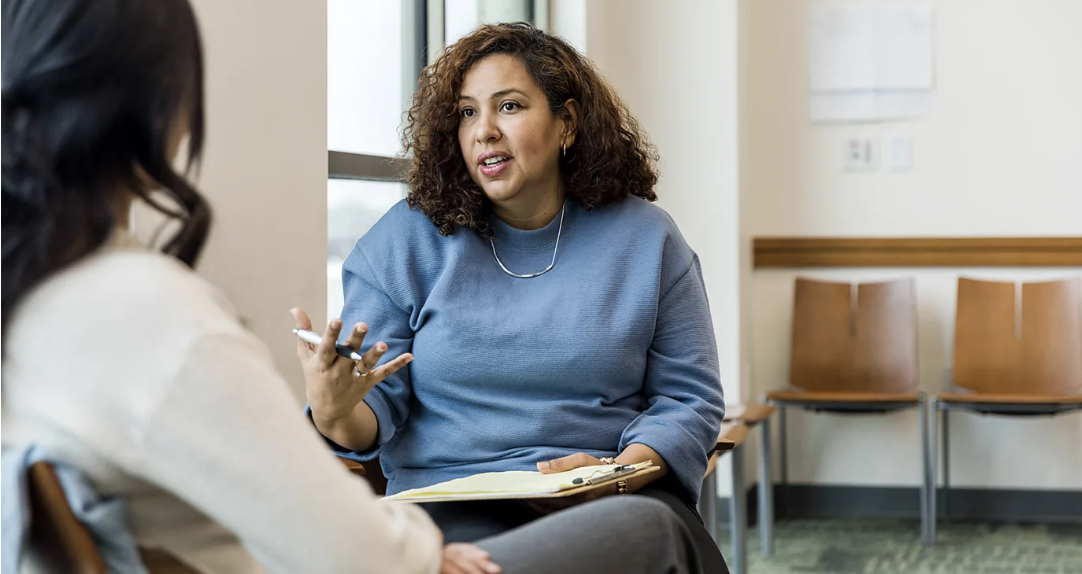
BBC: Social prescribing: why purpose is good for your health

PBS: For Lonely Older Adults, a Social Prescription Is a Wonder Drug
To strengthen social connections and reduce isolation, one social prescribing program connects military veterans with volunteers for weekly phone calls

BBC: How nature can provide a tonic for loneliness

Boston Globe: Feeling sick? The lawyer will see you now.
The underappreciated power of medical-legal partnerships, an innovation that began in Boston.
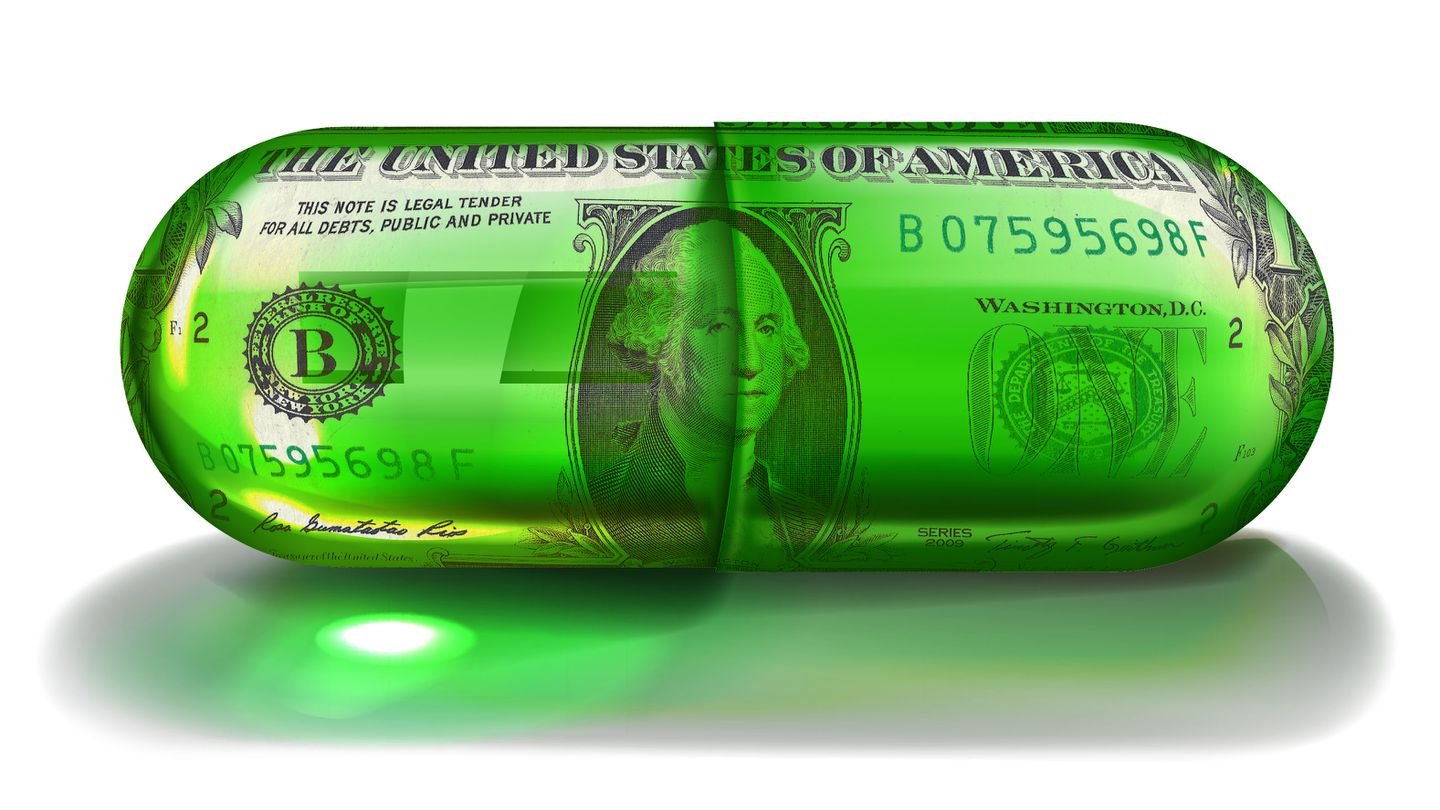
Boston Globe: Take this cash and call me in the morning
As COVID and its consequences intensified poverty, many health care workers became more active in prescribing financial resources. A growing body of evidence says those prescriptions might be just as important as pharmaceutical ones.
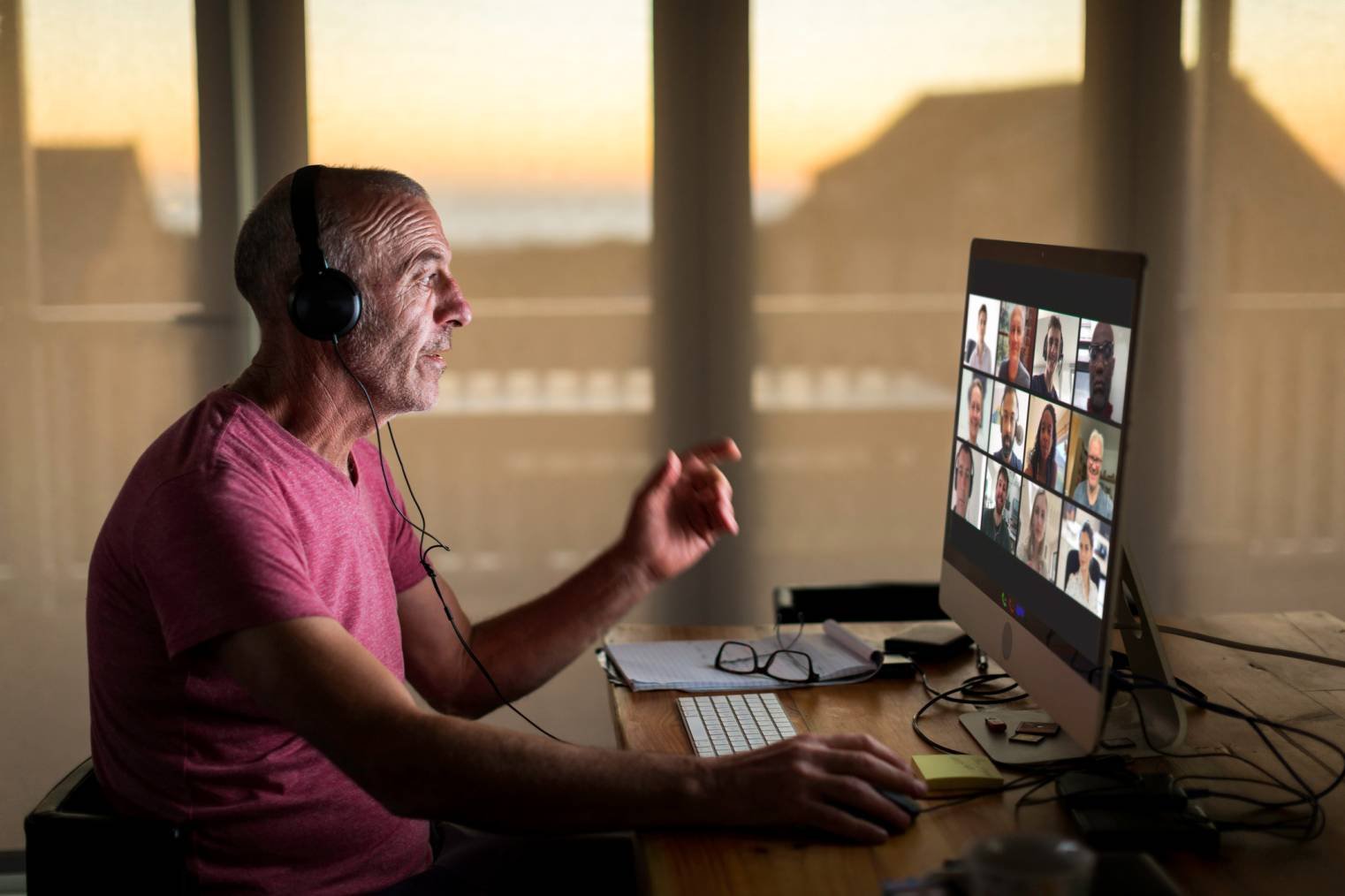
TIME: How Strangers Use Storytelling to Help Others—and Themselves
Online storytelling circles have helped some people cope with pandemic anxiety
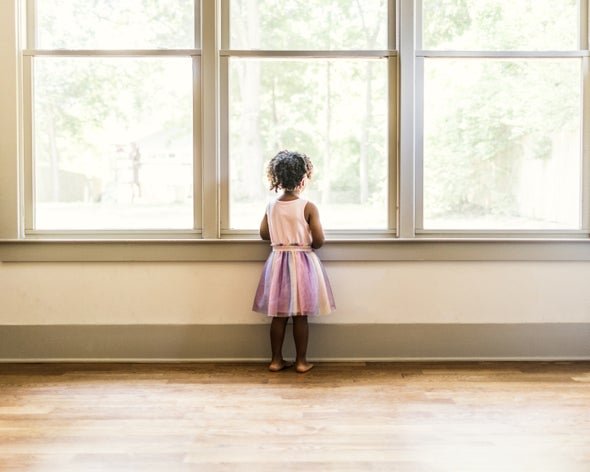
Scientific American: COVID Is Driving a Children’s Mental Health Emergency
Deaths of parents and other terrible experiences have hurt hundreds of thousands, so new initiatives are trying to help families in pain

BLOOMBERG: New York City Is Building a Wall of Oysters to Fend Off Floods
Thousands of acres of undersea reefs once protected the city’s shoreline. Now an army of volunteers is bringing the bivalves back, one shell at a time.

TIME: Feeling anxious? Try this 2000-year-old, neuroscience-backed hack
Psychologists explain how having dedicated ‘worry time’ can help stop anxiety in its tracks.

WIRED: A radical plan to treat Covid’s mental health fallout
The NHS is trialling a new approach to tackling physical and mental health issues: ask what really matters
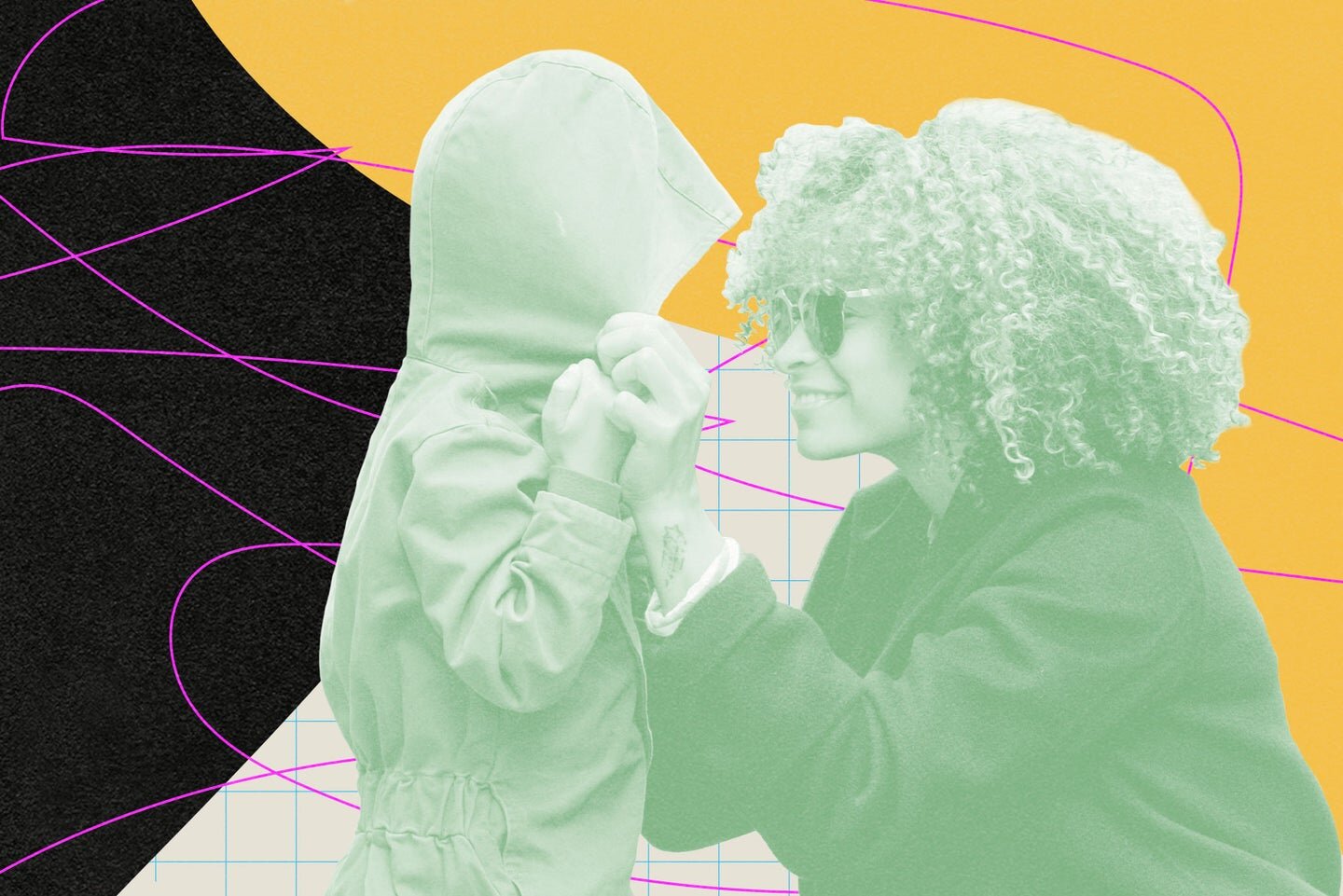
Popular Science: What is gentle parenting?
Its focus on communication is being praised on social media—but what does the evidence say?
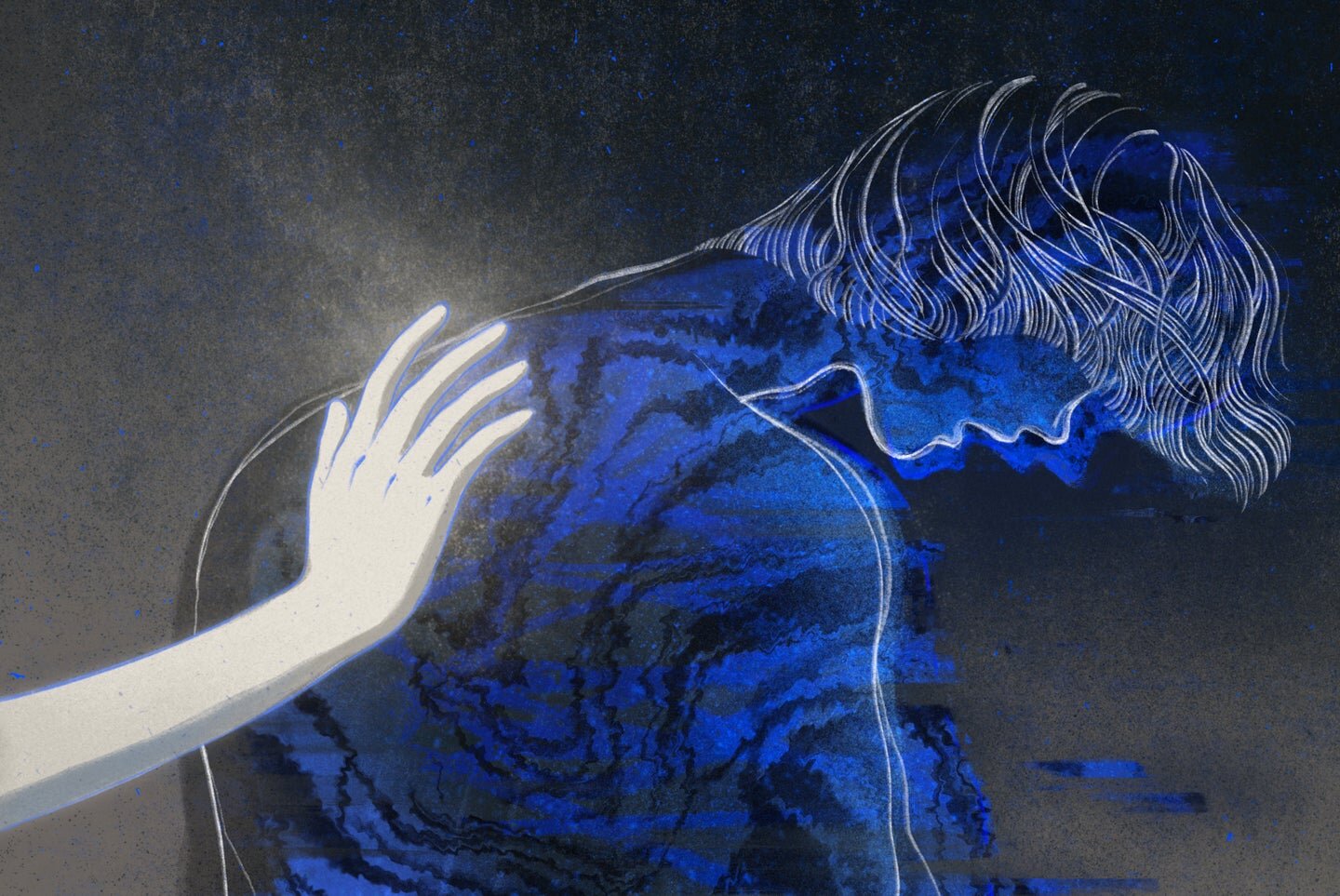
Popular Science: How to help someone struggling with mental illness
Mental health ‘first aid’ can give bystanders the skills to act in a crisis

MIT Technology Review: Can “democracy dollars” keep real dollars out of politics?
Seattle gave residents $100 in a bid to make the city’s campaign contributions more representative of its electorate. Now, the program is spreading.
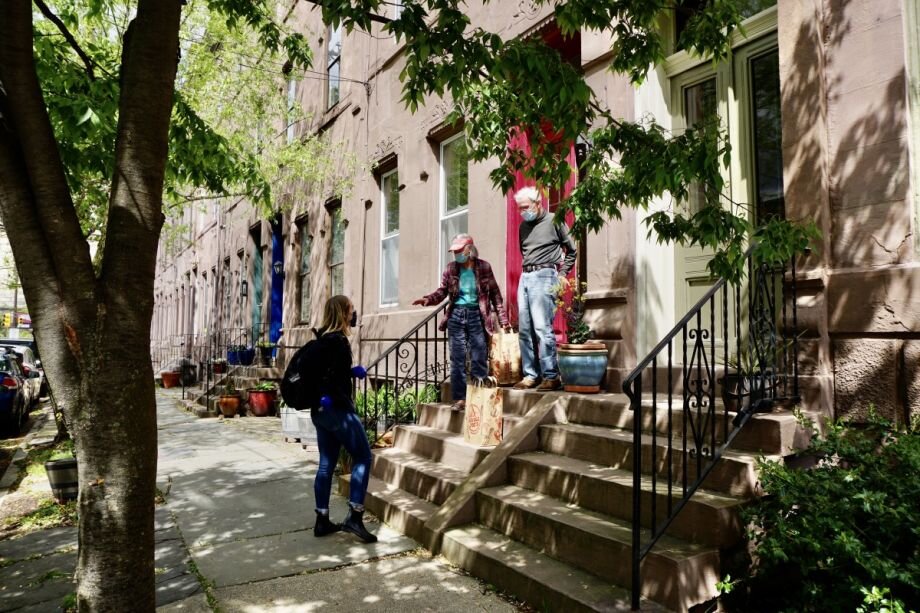
Next City: These New York Neighbors Are Building Their Own Safety Net
Over a year into a pandemic that’s revealed the deep food insecurity, health vulnerabilities, chronic isolation millions of Americans regularly face, the mutual aid experiments that emerged last March have more often than not become neighborhood mainstays.
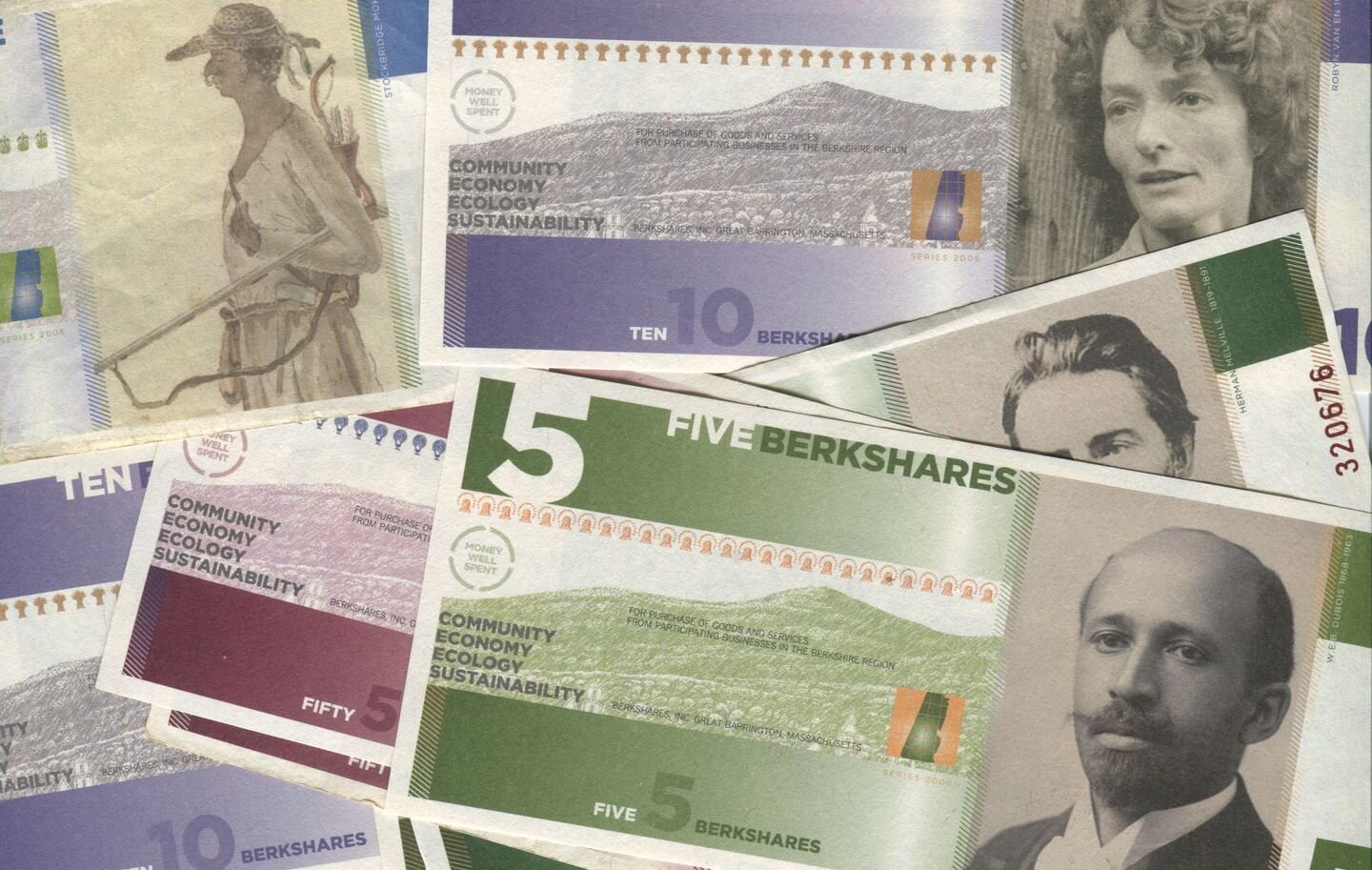
Boston Globe: When money is running short, print your own
An economic experiment in the Berkshires wins new attention in the COVID downturn.
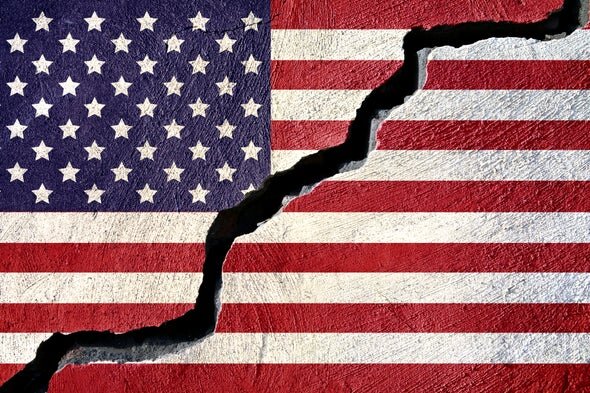
Scientific American: Can an Algorithm Help Solve Political Paralysis?
As faith in government hits historic lows, organizers in the U.K. are trying a new math-based approach to democracy. Would it work in the bitterly divided U.S?
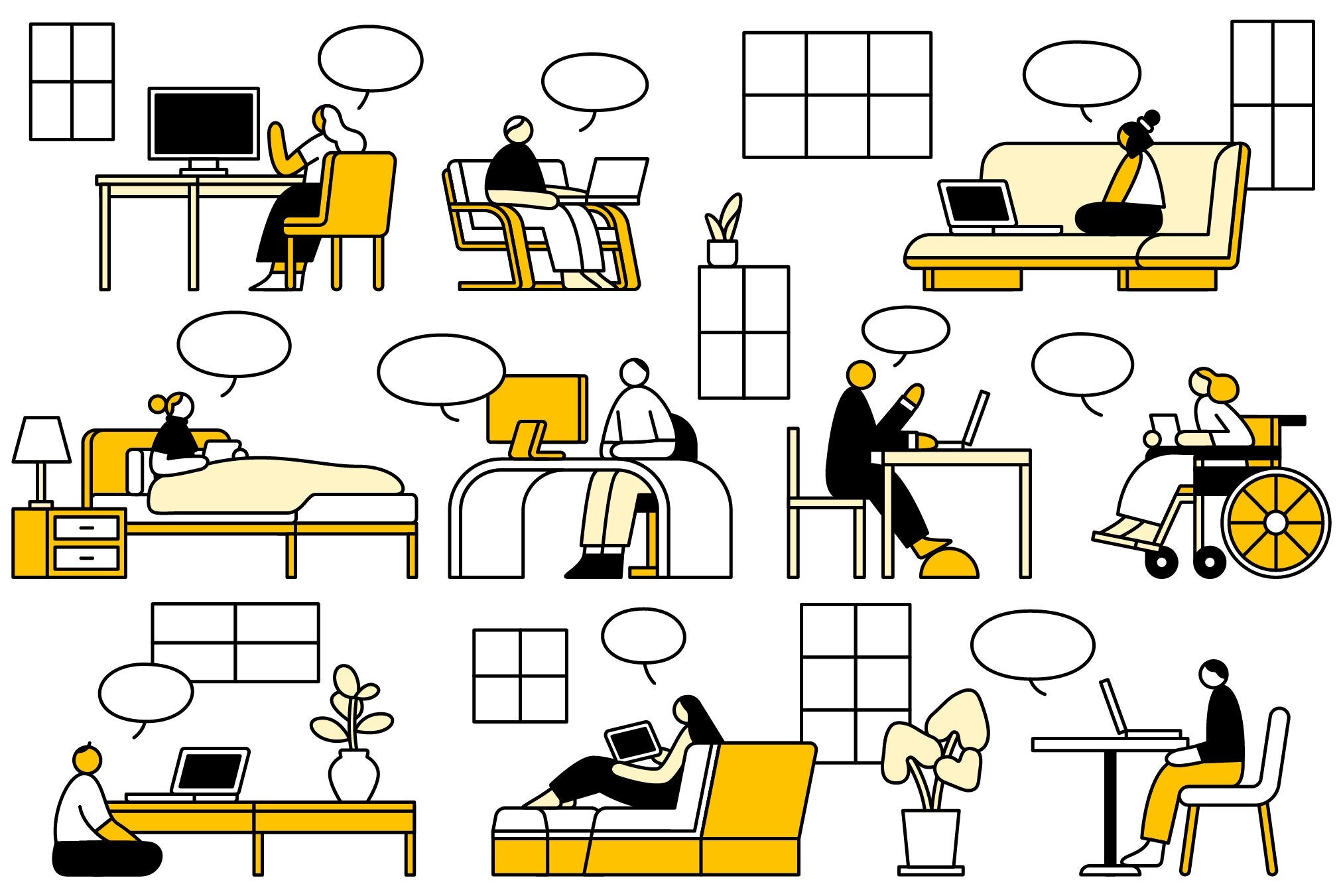
New York Times: How to Meet New People, Even at a Distance
Online and offline platforms are helping strangers form social connections, which are crucial for our health, especially in a pandemic.